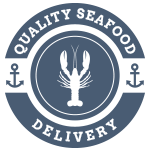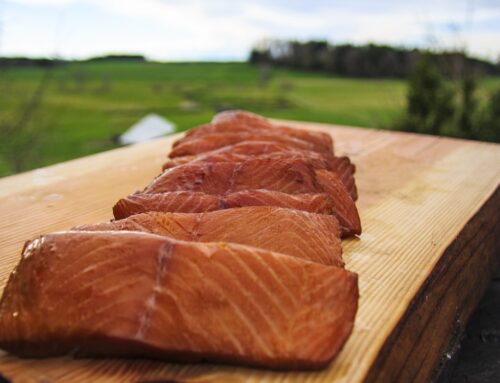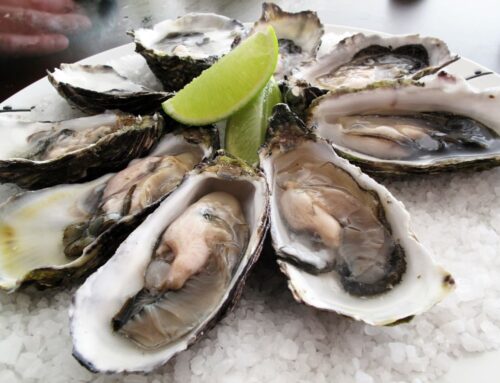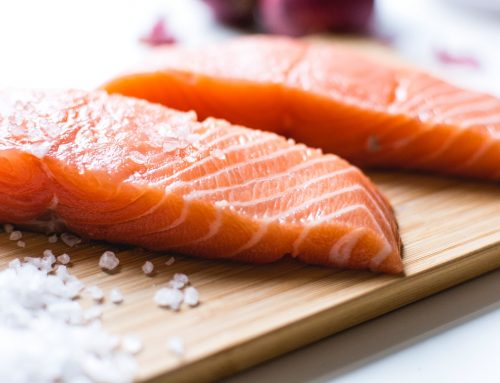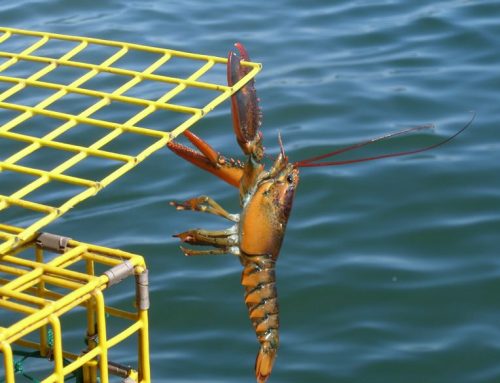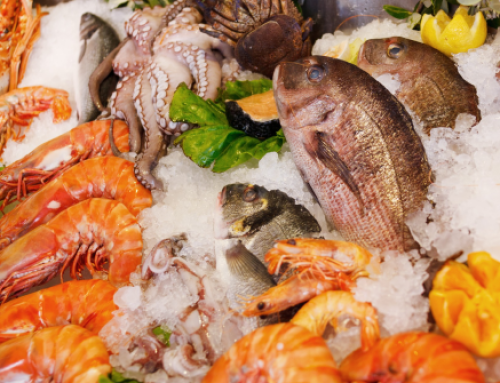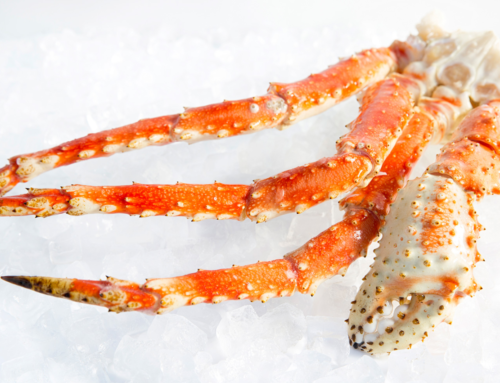QSD reported last month on the cancellation of Bristol Bay’s Alaskan king crab fishery for the 2021-2022 season. At the time of that report, the economic impact of the Alaska Department of Fish and Game’s (ADFG) decision was hard to predict. Our first look at what this cancellation means for the seafood industry comes to you now, in October 2021.
Brief Review: Fishery Cancellation
The news came in early September 2021: Alaskan king crab stocks were too low to run the fishery. The ADFG’s hope, of course, was to conserve crab populations for the crabs’ own protection, but also maintain their sellable status for years to come. Depleting crab stocks now does not bode well for future sales. Similar pressures forced this fishery to close for the 1994-1995 season.
Fishery Cancellation’s Economic Impact
Though the decision was made with economic impact in mind, the immediate results are devastating. The Alaska Bering Sea Crabbers Association (ABSC) estimates a $200 million loss for the Bristol Bay fishery.
Jamie Goen, ABSC executive director, wrote a letter to the North Pacific Fishery Management Council, describing the situation as “simply catastrophic.” Goen writes about boats that are unable to make payments, delayed vessel repairs, and “long-time skippers and crew that are losing their jobs.” Local impacts then trickle into supply chains, communities, processors, and support businesses.
The Bristol Bay Alaskan king crab cancellation also affects snow crab stock, as it reduced this year’s snow crab supply by 91 percent. Employees at the Crab Pot Restaurant and Bar on Seattle’s Pier 57 lament that local businesses must now compete for a measly 9% of the snow crab. Some restaurants have removed king crab from their menu entirely. Though crab has always been more expensive for some customers than others, this crab scarcity has now officially made crab a dish for the wealthy.
This cancellation comes in the midst of the COVID-19 pandemic. The pandemic already puts extreme stress on seafood industry production and shipping.
What’s Next?
The ABSC requested an extension on the closure area for Bristol Bay’s red king crab. They also requested to develop a council discussion paper on minimizing bottom trawl contact in crab protection areas.
Alaskan king crab, among other marine species, are migrating as a response to changing environmental conditions. The Bristol Bay red king crab population is moving increasingly northward. Rachel Baker, ADFG deputy commissioner, drafted a motion to analyze the effects of a proposed extension to the Bristol Bay conservation area. This motion would extend the area northward by half a degree to protect crab populations.
Former ADFG commissioner Cora Campbell introduced the motion for a discussion paper. The motion outlines the bottom contact impact of pelagic trawl gear on Bristol Bay crab populations. The paper would include boundary evaluations for assessments, bycatch determination, crab surveys, and directed fishery area.
The urgency of this situation calls for a quick timeline. Baker’s potential analysis could be done by the council’s December meeting. These decisions will impact fishery management for years to come.
| Company | Price/lb | Reviews | Rating | Order |
|---|---|---|---|---|
| Global Seafoods | $52.50 | 1,129 | 4.6 | |
| Crab Place | $48.59 | 569 | 4.5 | |
| Fulton Fish Market | $51.11 | 604 | 4.4 | |
| Seabear Smokehouse | $44.50 | 102 | 4.6 | |
| Cameron’s Seafood | $76.66 | 105 | 5.0 |
